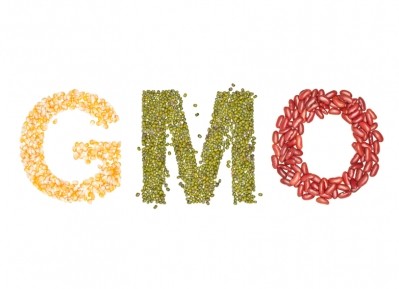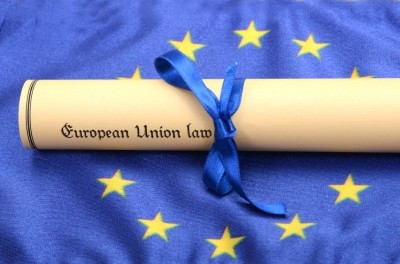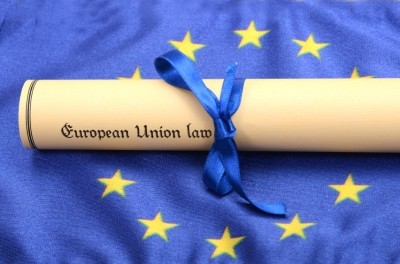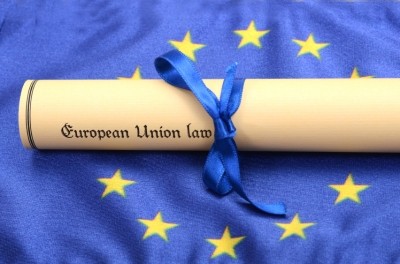EFSA dismisses Austrian data on GM trait, calls for wider EU debate

The European Food Safety Authority (EFSA) said it evaluated additional data provided by Austria to support the prolongation of a measure prohibiting the use of that trait in that market.
But the EU risk assessor said it could not identify new scientific evidence showing the intended uses of oilseed rape GT73 in the EU will pose a significant and imminent risk to the environment, and that would invalidate its previous risk assessments of that GM trait.
It concluded the data supplied by Austria did not support the notification of a safeguard clause measure under Article 23 of Directive 2001/18/EC in relation to that trait, nor its prolongation.
GT73 was first authorized for cultivation in Canada in 1995, and later in the US, Japan and Australia. It was approved for food use in the EU in 1997 and for feed in 2005.
The ban on that GM trait has been in place since 2007 but Austria has never fulfilled the legal conditions necessary to impose such a prohibition – its evidence has been refuted by EFSA on a number of occasions.
Likewise, the European Commission has not taken action against the ban, despite the EFSA scientific opinions not supporting it.
Supplementary evidence
The documentation supplied by Austria for the latest assessment mainly consisted of the scientific report by Pascher et al. (2016), noted EFSA.
But the Authority said data on the ferality of oilseed rape in Austria reported in that study only confirms and complements reports from other countries as described in the scientific literature.
“EFSA is therefore of the opinion that the findings by Pascher et al. (2016) do not provide novel information on the feral characteristics of oilseed rape,” said the agency.
The title of the scientific report by Pascher et al. (2016) refers to “risk of seed spillage of imported oilseed rape along transport routes” and “the assessment of potential medium-term to long-term effects associated with seed spillage of imported oilseed rape along transport routes”.
But EFSA said such risks and effects were not investigated empirically, nor addressed in the report:
“The authors characterized an exposure to feral oilseed rape plants without demonstrating whether this exposure is environmentally hazardous.
“The report did not link hazard to exposure, and in effect does not adequately distinguish exposure from environmental risk. Moreover, the data reported by Pascher et al. (2016) relate to conventional oilseed rape instead of oilseed rape GT73. Therefore, EFSA considers that the data only provide baseline information about the parent organism.”
EFSA said it does not consider the presence of feral GM oilseed rape plants as environmental harm in itself.
Divergent perceptions
Indeed, the Authority said it has a divergent position on what constitutes environmental harm than Austria, and it has called for wider debate on the subject:
A spokesperson for EFSA told FeedNavigator it: “considers that risk managers and assessors should have a dialogue on protection goals and what constitutes environmental harm as this involves normative considerations that cannot be made by risk assessors only.”
This would help in terms of reaching agreement on operational environmental protection goals, said the Parma based agency.
Ideally, said the spokesperson, the Commission should take the lead on this: “EFSA has taken several initiatives in this context including a symposium on protection goals [such as the protection of biodiversity and sustainable agricultural production], and public consultations during guidance development, for example.”








